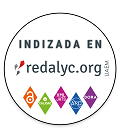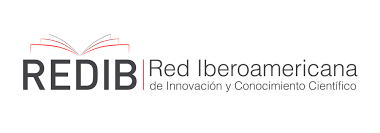A Pending Agenda: Cultural and Economic Crimes During the Military Dictatorship in Argentina. The Case "Biblioteca Vigil" Rosario, Argentina (1977-2011)
Abstract
The intervention on the “Biblioteca Vigil” evidences other effects of last Argentina’s dictatorship (1976-1983): cultural genocide. Specifically, on February 25, 1977, a group formed by members of the armed forces, security services and civilian professionals, took their installations under the figure of “normalizing intervention”. A subsequent disposition dated April 1977, began the settlement of its outstanding equity. Indeed, his case falls under the common dictatorial actions on the fields of culture: persecution, censorship, illegal detention, torture and disappearance. However, this exhibits unique features: firstly, settlement assets ensued uninterruptedly over thirty years being closed late 2008. Also, is still in a process of intervention normalizing. In this paper we describe the various attempts and recovery stages of the institution, the strategies implemented and obstacles political, cultural and legal. The object of this study is to visualize a pending agenda: cultural crimes and economic crimes that do not prescribe in the context of genocide.Downloads
Authors publishing in this journal acknowledge the conditions below:
- Authors retain the copyright of their work while they transfer the right of the first publishing to the journal, under the Creative Commons Attribution-ShareAlike 4.0 International (CC BY-SA 4.0) Licence, which allows third parties to reproduce them under the condition that express mention is given to the author and to its original publication in the journal.
- Authors may enter into other contractual and independent arrangements for the non-exclusive distribution of the version of the article published in this journal (for instance, it can be published in an institutional repository or in a book). In any case, an express mention should be given to its first publication in the journal.
- It is permitted and encouraged to publish online the articles (for example, on institutional or personal pages).






















